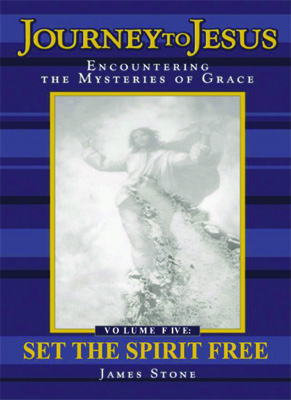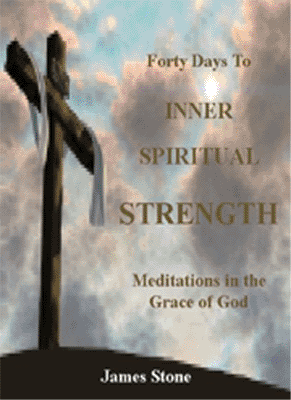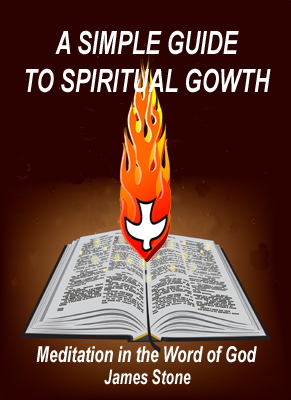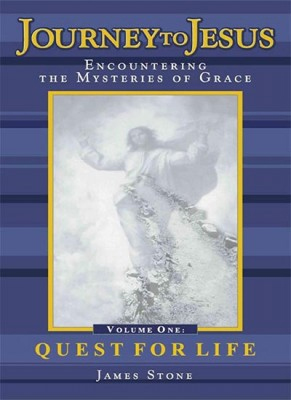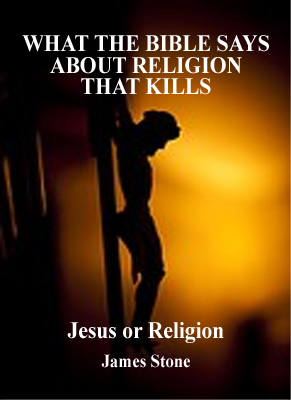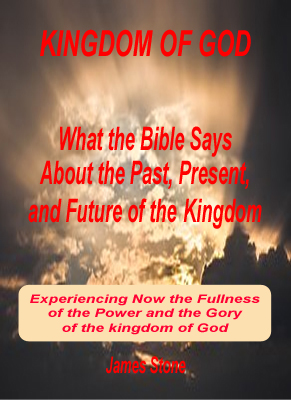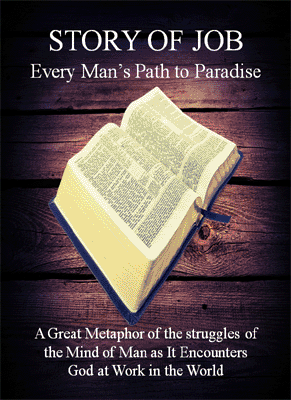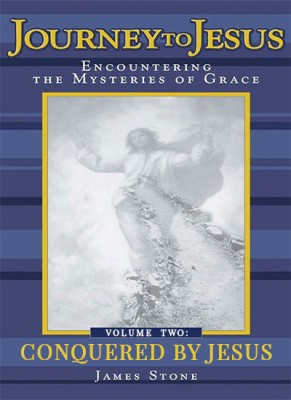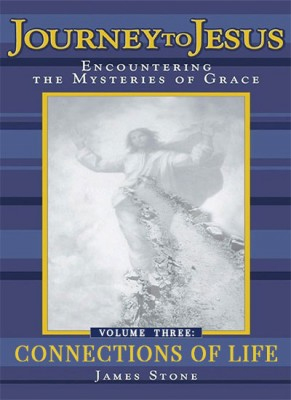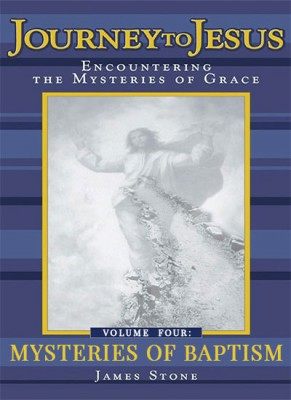Set the Spirit Free – Journey to Jesus Vol 5
$14.95 – $19.95
Set the spirit free is the cry of most men (Rom. 7:24). Consider the flower of the rose. Does the flower know that it is beautiful? Does the flower know that its fragrance is greatly enjoyed? Can the flower possibly know how much it is appreciated and how much pleasure it brings to others?
The flower lives its entire existence without knowing how much pleasure it provides. It can never feel and know that it is feeling the warmth of that appreciation coming back to it. On the other hand, although it can respond to stimulus, wilt, and even die, it will never experience a panic attack, a nervous breakdown, or the pit of devastation as do human beings.
The mystery of the need for God to set the spirit free
Man has the unique ability to not only experience beauty and appreciation; he can know that he knows he is experiencing these qualities of a good life. However, it seems for mankind to be able to experience and to know that he is experiencing all the qualities of a good life (something the rose cannot do), he is susceptible to experience the torture of a life that is not good.
For us to know life to appreciate it, to experience it in the fullest sense of the word, and know that we are indeed experience it, we just cannot take someone’s word for it. To know that we know the finer qualities of life, we have to have something to which we can compare the good life.
The same thing can be said for health, for joy, and for love. To know that we know life is good, to know that we know health is good, to know that we know joy is good, and to know that we know love is good we will have to have experienced death, illness, suffering, and hate. The only way we can know that good is good is by experiencing that which in bad.
Unlike the rose, as we experience dying, illness, suffering, and hate, our mind, that which enables us to know the good, can drive us into the hell of distress, despair, being forsaken and destroyed as we experience the bad. Unless the sustaining power of the Holy Spirit is set free to transform our mind our soul will experience the tortures of hell. It is the dilemma of the human existence, having the treasure of life, which lives, in an earthen vessel, which dies.
The hope of having God to set the spirit free
The only hope for all of us who have this treasure [of the good life] in an earthen vessel is that the treasure can be set free to soar above the mountains tall. We can rejoice in hope of the glory of God because our spirit can be set free from the dying dust of our fall. We can be set free, free, free at last for heaven’ s all. There is hope in this life for man’s spirit can be set free to heed life’s mysterious call.
The secret of deliverance declares that “. . . since by man came death, by man came also the resurrection of the dead. For in Adam all die, even so in Christ shall all be made alive” (1 Cor. 15:21,22). Man can experience the setting of the spirit free, because “Christ [is] the firstfruits [from experiencing death]; afterward they that are Christ”s at his coming” (1 Cor. 15:23). Christ is the power of deliverance for in his coming, being made near to us in the circumstances of dying, illness, suffering, and hate, he sets our spirit free. Volume 5 of the Journey to Jesus series explores the mystery of setting the spirit free.

